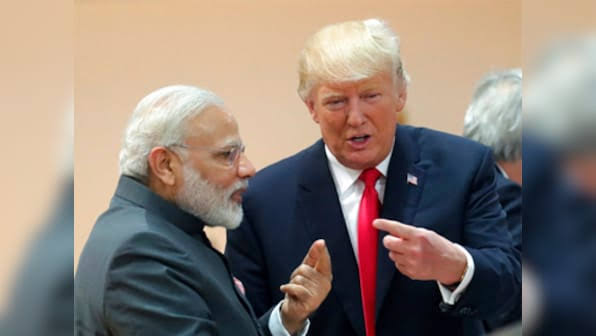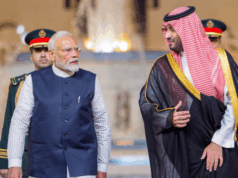G7’s waning influence, just a shadow of its former self

According to Bloomberg, several key developments have undermined the group’s cohesion and influence: Russia’s exclusion in 2014, the United Kingdom’s withdrawal from the European Union, and Donald Trump’s presidency
The significance of the G7 Summit in shaping global politics has declined considerably, Bloomberg reports, as the group no longer carries the weight it once did. The decline is starkly visible in all types of economic and global power politics. BRICS has surpassed G7 in various Sphere of activities.
The first summit was convened in 1975, bringing together leading economies to coordinate a response to the global oil crisis. Canada joined the following year, and for decades the G7 represented nearly 70% of global GDP. Today, however, it accounts for less than 30% of global output and just 10% of the world’s population. By contrast BRICS now accounts for nearly 43 % of World’s GDP.
According to Bloomberg, several key developments have undermined the group’s cohesion and influence: Russia’s exclusion in 2014, the United Kingdom’s withdrawal from the European Union, and Donald Trump’s presidency. These events have contributed to the perception that the G7 is no longer the central platform for global consensus-building it once was.
The agency notes that in recent years, even the issuance of a final communique is no longer guaranteed. World leaders have a better chance of striking a deal with the US leader at his Mar-a-Lago residence in Florida or on a golf course than on the sidelines of a G7 summit.
This year’s G7 Summit is scheduled to be held from June 15 to 17 in Canada’s resort area of Kananaskis, Alberta.




